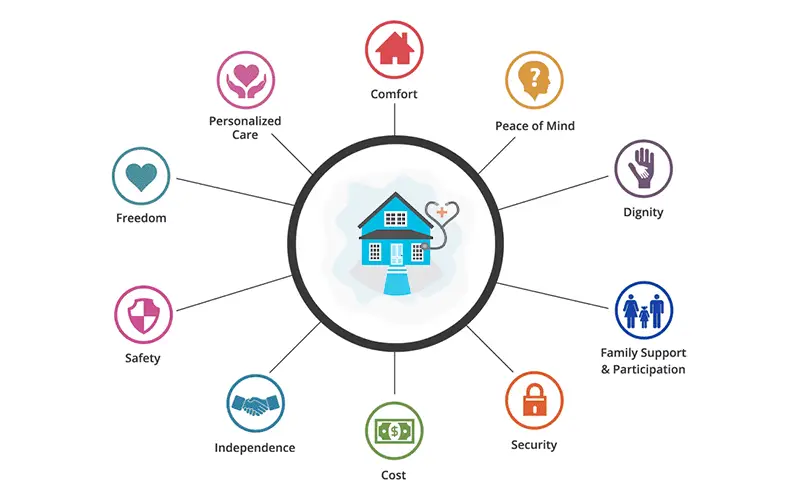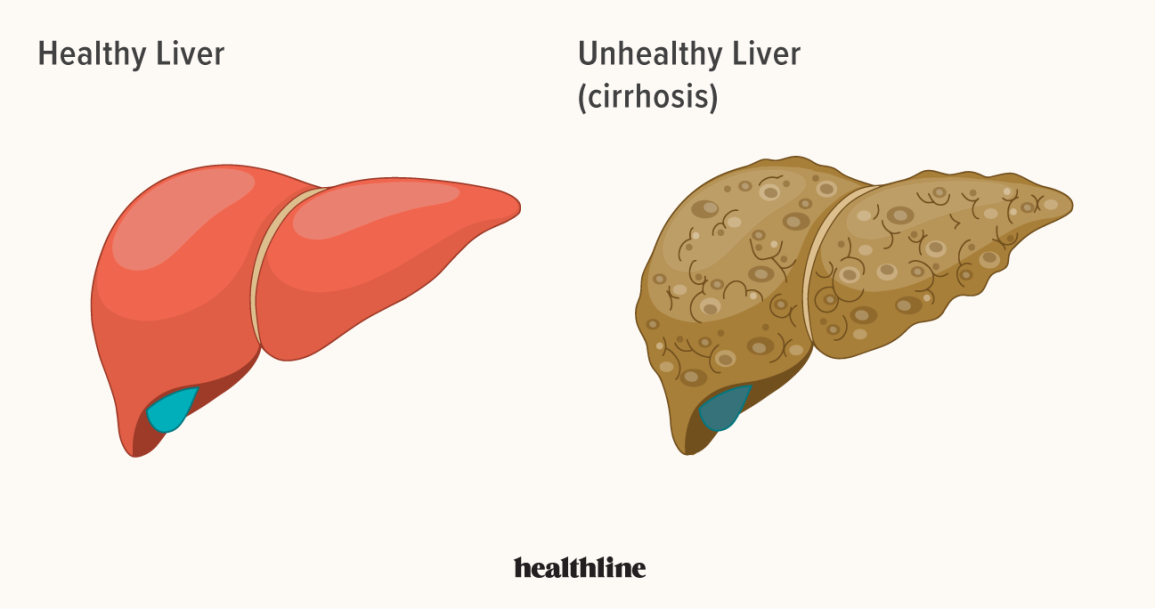In recent years, home healthcare has become an increasingly popular choice for individuals seeking medical care in the comfort of their own homes. At Dekh Bhal Healthcare, we understand that navigating home healthcare services can raise many questions. To help you make informed decisions, we’ve compiled answers to the top 10 frequently asked questions about home healthcare.
1. What is Home Healthcare?
Home healthcare involves a range of medical services provided in a patient’s home, rather than in a hospital or clinic. Services can include medical care from doctors and nurses, physical therapy, occupational therapy, and assistance with daily activities. This approach offers personalized care and convenience, especially for those with chronic conditions or recovering from surgery.
2. Who Can Benefit from Home Healthcare Services?
Home healthcare is ideal for a variety of individuals, including:
- Elderly people who need assistance with daily living activities.
- Patients recovering from surgery or illness.
- Individuals with chronic diseases who need ongoing care.
- People with disabilities or mobility issues require specialized support.
3. How Does Home Healthcare Work?
Home healthcare begins with a comprehensive assessment by a healthcare professional to determine the patient’s needs. Based on this assessment, a personalized care plan is developed. Healthcare providers then visit the patient’s home to deliver the required services, which can include medical treatment, therapy, or personal care.

4. What Services Are Included in Home Healthcare?
Services offered @ home healthcare can vary but commonly include:
- Skilled nursing care, such as wound care and medication management.
- Physical, occupational, and speech therapy.
- Personal care assistance, including help with bathing, dressing, and meal preparation.
- Monitoring and management of chronic conditions.
5. How Do I Qualify for Home Healthcare?
Eligibility for home healthcare depends on medical necessity and the patient’s ability to benefit from the services. Typically, a physician’s referral is required, and the patient must meet specific criteria, such as having a medical condition that requires skilled nursing or therapy services that cannot be adequately provided in a standard outpatient setting.
6. How is Home Healthcare Different from Home Care?
Home healthcare involves medical and therapeutic services provided by licensed professionals, such as nurses and therapists. In contrast, home care (also known as personal care) provides non-medical support, including assistance with daily living activities and companionship, usually performed by caregivers or aides.
7. How is the Cost of Home Healthcare Covered?
Costs for home healthcare services may be covered by various sources, including:
- Health insurance plans, often cover skilled nursing and therapy services.
- Medicare provides coverage for certain home healthcare services if specific conditions are met.
- Medicaid, for eligible individuals based on income and state-specific regulations.
- Out-of-pocket payments if other coverage options are unavailable.
8. How Do I Choose the Right Home Healthcare Provider?
Selecting the right home healthcare provider involves considering factors such as:
- The provider’s reputation and experience.
- The range of services offered and their alignment with your needs.
- Accreditation and licensing to ensure quality and safety.
- Availability and flexibility in scheduling services.
9. What Should I Expect During a Home Healthcare Visit?
During a home healthcare visit, a healthcare professional will follow the care plan designed for the patient. Expect them to perform medical tasks, monitor health conditions, provide therapy, and offer guidance on managing health at home. Communication with the patient and their family is key to ensuring the effectiveness of the care provided.
10. How Can I Support My Loved One Receiving Home Healthcare?
To support a loved one receiving home healthcare:
- Communicate openly with the healthcare provider to stay informed about the care plan and progress.
- Assist with creating a comfortable and safe environment for the healthcare provider to work in.
- Help your loved one adhere to the care plan and follow any instructions provided by healthcare professionals.
- Offer emotional support and encouragement throughout the care process.
Conclusion
Home healthcare offers a personalized and convenient approach to medical care, allowing patients to receive quality services in the comfort of their homes. Understanding the key aspects of home healthcare can help you make informed decisions and ensure that you or your loved ones receive the best possible care. For more information or to discuss home healthcare options, contact Dekh Bhal Healthcare today.
Contact Us
Phone: 9992210105
Email: info@dekhbhalhealthcare.com
Website: www.dekhbhalhealthcare.com






